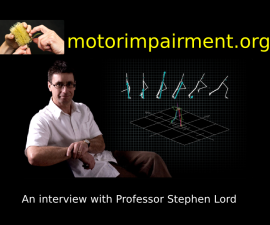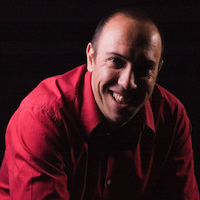Interview: Professor Stephen Lord talks about the potential of Perturbation Training 2
Making people trip and slip under controlled conditions in the lab (perturbation training) promises to be a quick method to train people how to avoid falls in the real world. Professor Stephen Lord and his team at NeuRA are investigating the effectiveness of perturbation training for preventing falls in the […]






